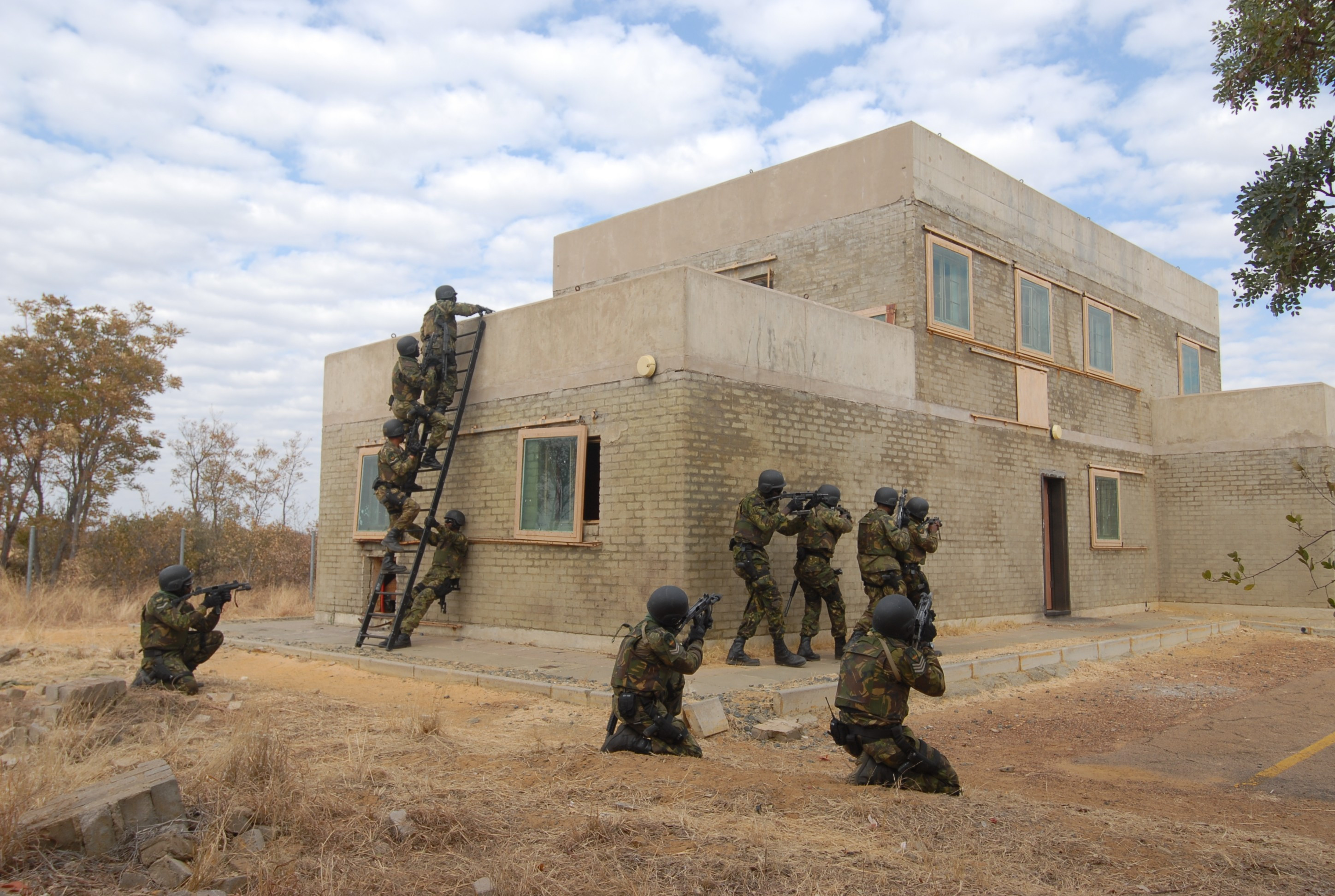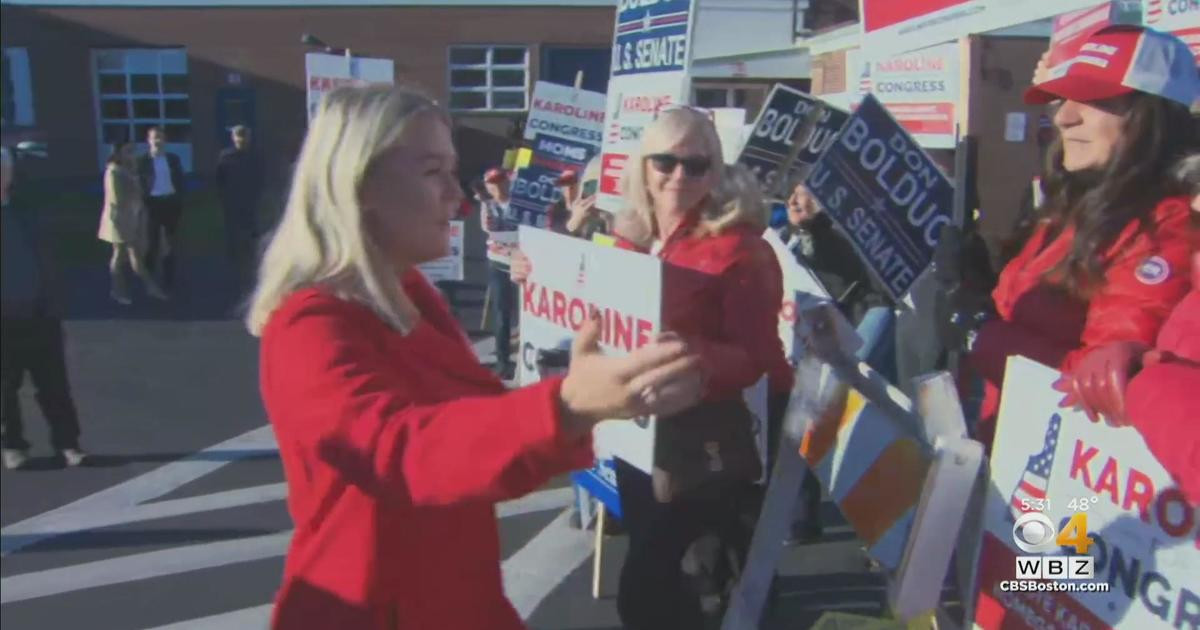Military clerks at a counter-terrorism base syphoned off almost £1million and spent it on luxury items and plastic surgery, a court has heard.
The Fraudulent Scheme
The troops ran a year-long fraud and money-laundering scheme from Regent’s Park Barracks in London, it is alleged. The unit they worked for has not been named, but jurors heard it was “very classified” and those working there were said to be “revered and respected” by the rest of the Armed Forces. The funds were meant to be spent on flights, subsistence and operational allowances for troops on missions abroad.
The scheme involved eight serving soldiers and a civilian accomplice who made hundreds of bogus claims from the Ministry of Defence. Southwark Crown Court was told that a catastrophic failure of financial checks and balances allowed this fraud to occur.
The Ringleader and His Spending
Ringleader Cpl Aaron Stelmach-Purdie, 33, had hair transplants, teeth-whitening and abdominal implants during frequent trips to Turkey. Police who searched the pay clerk’s home found nine pairs of Christian Louboutin shoes, a Louis Vuitton luggage set and four flashy watches—a Tissot and three Patek Philippes which turned out to be fake. Outside was a souped-up Range Rover Overfinch. Det Insp John Slater said: “It was almost like something you would see on Pimp My Ride.”
The Aftermath and the Trial
Stelmach-Purdie, of Oldham, and five others—including his immediate boss Alan O’Neil, 47, of Droitwich, Worcs—have admitted their roles in the fraud. Movements clerk Anthony Sharwood, 38, Sgt Peter Wilson, 55, and soldier Lauren O’Brien, 37, also admit fraud. All have now left the forces.
A serving soldier who cannot be named pleaded guilty to money-laundering on the first day of the trial last week. Two ex-soldiers—Lance sergeant Lee Richards, 41, and Lance corporal Amy Sheldon, 37—deny conspiracy to commit fraud and transferring criminal property. They are on trial with civilian Simon Lees, 31, of Oldham, who denies laundering £270,000 through his bank accounts within six months. The plumber admitted moving the money for former school friend Stelmach-Purdie but claimed he thought he earned it working for MI5 and was “really high up”.
The Implications and the Future
The trial continues, and its outcome will have significant implications for the Ministry of Defence and the integrity of the Armed Forces. This case highlights the vulnerability of financial systems to fraud and the potential for abuse by those entrusted with handling sensitive funds. It also raises questions about the internal controls and oversight mechanisms in place within the Ministry of Defence. The trial will likely shed light on how these shortcomings allowed such a large-scale fraud to take place and what steps need to be taken to prevent similar incidents in the future.

















